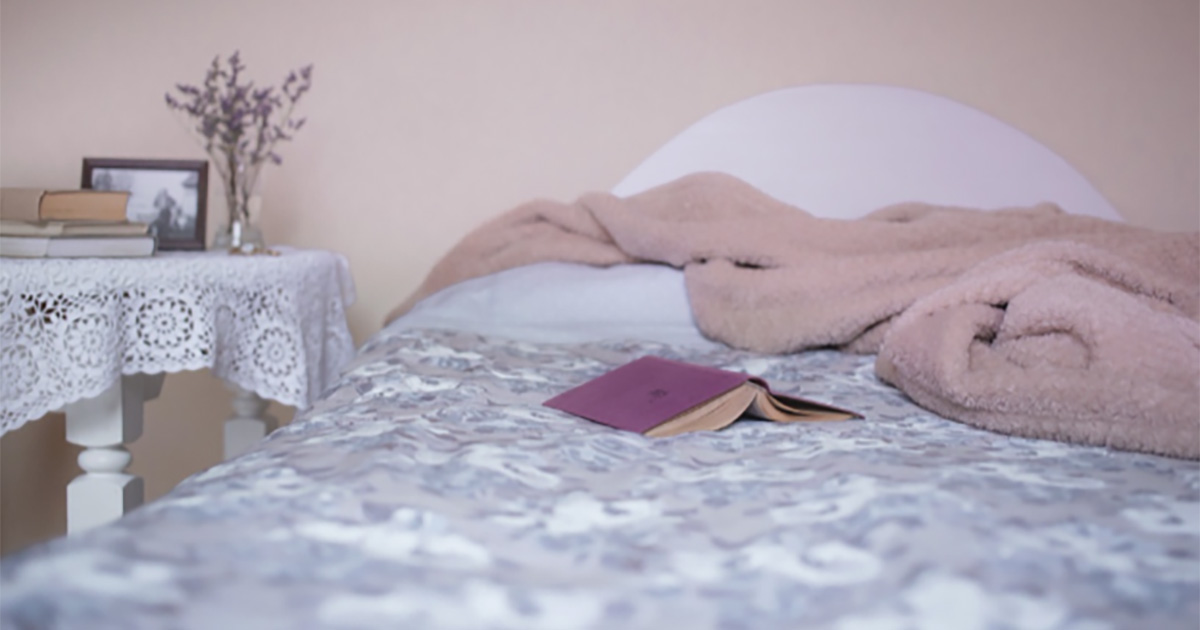Sleep is the foundation of health.
We all know that without a good night’s sleep, we don’t function well the next day. Without consistent high-quality sleep, our health can be greatly compromised.
Sleep plays an important role in our lives by:
- Reducing fatigue
- Reducing anxiety
- Supporting mood
- Supporting immune function
- Reducing excessive appetite
YOUR SLEEP HYGIENE BEGINS WHEN YOU WAKE UP.
Waking up: waking up with a guided meditation; even 5 minutes will make a difference in how you begin your day. Avoid checking your phone first thing in the morning!
Getting out of bed: before your feet touch the floor, try to elongate each movement into a purposeful stretch for your arms, neck, back, hips and legs as you get out of bed. Extend this movement into a daily exercise routine.
Get early morning sunlight: this is important in setting our circadian clock.
Staying hydrated: skip the extra 2 or 3 cups of coffee, and instead stay hydrated with water throughout the day.
Making a meal: eating foods that support a healthy digestion will help you stay fuller longer, and provide you with a sustainable energy source. Skip the processed sugary foods for a boost in energy, and instead focus on eating plant-based snacks and meals made from whole foods. Avoid eating too close to bedtime (ideally 3 hours before bedtime at the latest) and avoid alcohol, which can impact sleep.
Managing your time: spending time with loved ones, in person and virtually, has great value. Maintaining a sense of community and support is a great benefit to your mental health and of your loved ones. Getting outdoors when able to, being physically active, as tolerated, throughout the day, but not too close to bedtime can improve sleep quality and sleep latency.
Working from home? Creating boundaries around on/off the clock hours will help you keep your work/life balance. Skip working from bed or the sofa, where you would normally retreat to relax and unwind. Keep these places sacred and reserved for your own time to restore your energy from the days’ work. Try working from a designated workspace, and if possible, near a window for natural light. No matter where your workspace is, be sure to get up and stretch, or take a moment for some deep, cleansing breaths.
Creativity and introspection: reduce non-essential screen time and do something that genuinely serves you. Reading, crafting, journaling, or a rotation of all three can help you focus inward.
Getting ready for bed: creating a nightly routine will help your body and mind prepare for sleep. Ideally, go to bed at the same time every night and wake up at the same time every morning. Aim for 8 hours of sleep or more.
Skip the evening news or scrolling on your phone and kick off your night with a calming bath. Select a favorite bath blend followed by an evening meditation or book that is not activating. Skip the blue light from laptops and phones which suppress melatonin and disrupt your sleep.
Ensure your sleep space is dark and quiet.
For supplemental sleep support, consider a cup of chamomile tea and/or melatonin supplement from our Fullscript dispensary or another trustworthy source.

